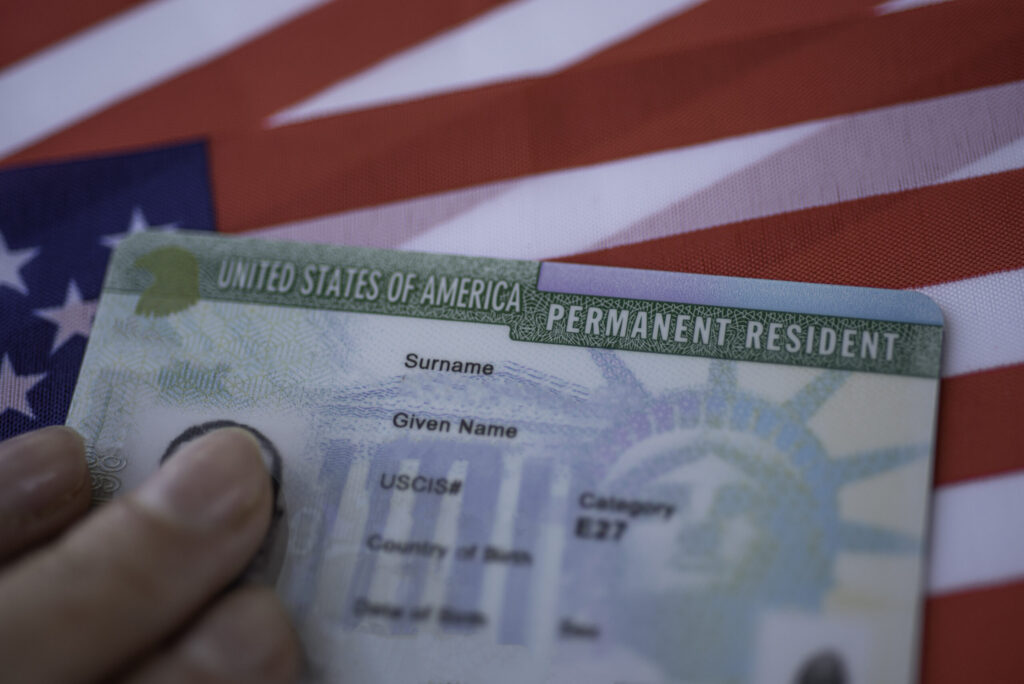There are many benefits to becoming a citizen of the United States, but what’s the difference between getting your green card and becoming a citizen? Here we outline the key differences for you. Once you know what each entails, you can make an informed decision about which is right for you!
What is immigration?
The topic of immigration is complex and multi-faceted. In the United States, there are two main ways to become a lawful permanent resident: through a green card or through citizenship. Both have their own set of benefits and requirements. Here, we will outline the key differences between these two options so that you can make an informed decision about which is right for you.
Immigration can best be defined as the process by which people from one country move to another for the purpose of permanently residing there. The visa process is the set of procedures that must be followed in order for an immigrant to be legally accepted into a new country.
There are a variety of reasons why people choose to immigrate, including but not limited to political asylum, economic opportunities, family reunification, and education. The visa process can be complex and often requires the assistance of an immigration lawyer. However, for many people, the opportunity to start a new life in a new country is worth the effort.
What is a Green Card?
A U.S. Green Card holder is someone who has been granted authorization to live and work in the United States on a permanent basis. Also known as a Permanent Resident Card, a Green Card gives you many of the same rights as a U.S. citizen, including the ability to live and work in the U.S., attend school, and travel freely.
However, there are some important distinctions between citizens and residents. For example, Green Card holders are not eligible to vote or hold certain government jobs. The process of obtaining a Green Card can be long and complicated, but it is worth it for those who want to make the United States their home.
If you are interested in applying for a Green Card, there are a few things you should know about the visa process. First, you will need to meet certain eligibility requirements. Second, you will need to complete an application and submit supporting documentation. Finally, you will need to attend an interview with a U.S. consular officer. If everything goes well, you will be on your way to becoming a permanent resident of the United States.
What is Citizenship?
Citizenship is the status of a person who is legally recognized as a member of a nation. It carries with it certain rights and responsibilities, which vary from country to country. In order to become a citizen of most nations, one must go through a visa process. This usually involves an application and interview, followed by a period of waiting.
Once approved, the applicant is typically required to take an oath of allegiance to the country. There are many different types of citizenship, including naturalized citizenship, derived citizenship, and birthright citizenship. Each type has its own requirements and benefits.
Citizenship is an important status that comes with a number of rights and responsibilities.Those who hold citizenship in a country have the right to live and work there, as well as access to government services and protection under the law. They are also expected to adhere to the laws of the nation and contribute to its upkeep through taxes and other means.
Becoming a citizen of a country is thus a privilege that should not be taken lightly. It is an important step that comes with many rights and responsibilities.
The Key Differences Between a Green Card and Citizenship
Aliens who want to live and work in the United States must obtain a green card, also known as a permanent resident card. To get a green card, aliens must go through a visa process. The first step is to obtain a visa, which gives aliens permission to enter the United States.
Once aliens are in the United States, they can apply for a green card. The green card grants aliens the right to live and work in the United States indefinitely. Aliens with green cards can also travel freely in and out of the United States.
Citizenship, on the other hand, is a status that gives aliens all the rights and privileges of U.S. citizens. To become citizens, aliens must go through a process called naturalization. The first step in naturalization is to obtain a green card. After living in the United States for five years (or three years if they are married to a U.S. citizen), aliens can apply for citizenship.
Once granted citizenship, aliens have all the rights and privileges of U.S. citizens, including the right to vote, hold public office, and serve in the military. They also cannot be deported from the United States unless they commit a serious crime or lie on their citizenship application.

